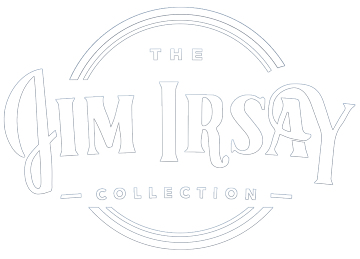HOWL and Other Poems
This first edition copy of Ginsberg's seminal Beat Generation poetry book contains a dedication to Lucian Carr, which was removed in later printings at Carr's request. It is one of only 1000 copies of this edition, and only the third review copy known to exist. "Howl" was written between 1954-1955, and contains three parts and a footnote. Ginsberg shares his thoughts on conformity and society of the mid-20th century, and seeks an alternative meaning to the materialistic world. In a biographical writing, Ginsberg speaks of his own experiences in the Beat movement, but also touches on the mental health struggles of his mother and their effect on him.
"Howl" was seen as a revolutionary writing at its time of publishing, and helped usher in a new era of self-expression where no subject was taboo. Along with Jack Kerouac's On the Road and William S. Burroughs' Naked Lunch, "Howl" is often seen as a foundational piece of the Beat Generation.
Allen Ginsberg (1926-1997) was an American poet and author whose 1956 poem "Howl" became a cornerstone work in literary movement known as the Beat Generation. Ginsberg was studying at Columbia University in New York City when he met Lucien Carr, William S. Burroughs, and Jack Kerouac - forming the early foundation of Beat Generation writers.
Ginsberg moved to San Francisco in the 1950s, and there he began writing "Howl." Ginsberg read "Howl" at The Six Gallery in San Francisco on October 7, 1955, in what became a pivotal moment in the Beat movement. Ginsberg's powerful reading of an early draft of "Howl" was encouraged by the audience, which included Jack Kerouac, Neal Cassady, and Lawrence Ferlinghetti. Ferlinghetti had founded City Lights Booksellers in 1953, and offered to publish the poem. In 1956, Howl and Other Poems was published by the City Lights and was immediately met with controversy due to its themes of sexuality and drug use. Ferlinghetti and City Lights shop manager Shig Murao were arrested on obscenity charges for selling and publishing the book. Both were acquitted, but the trail brought national attention to Ginsberg and his work.
Ginsberg continued to write and publish poetry throughout the rest of his life. He was social and political activist, protesting against the Vietnam War and fighting for free speech and gay rights.

























